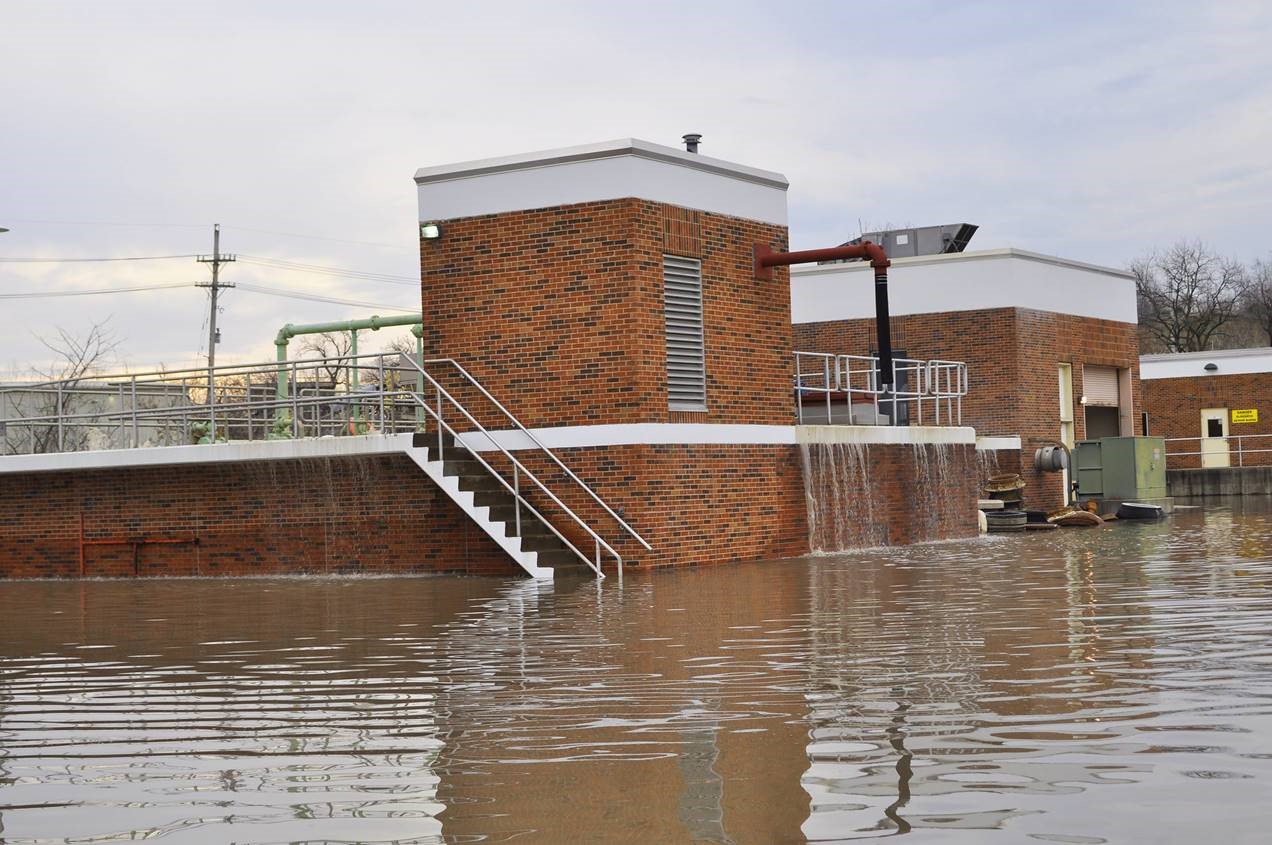In the ever-evolving lexicons of environmental sustainability and climate change, “resilience” has surfaced as an important concept for community planning and development. In general, the term resilience refers to the ability to adapt or bounce back from adversity. From a climate perspective, resilience encompasses a community’s ability and capacity to anticipate, prepare for and respond to hazards associated with climate change, in particular extreme weather events like flooding or long-term trends like drought and high temperatures.
Fortunately, there are a number of tools and resources available to help water utilities identify and prepare for risks, including USEPA’s Creating Resilient Water Utilities (CRWU) initiative and its Climate Resilience Evaluation and Awareness Tool (CREAT). CREAT is a great place to start for water utilities that are just beginning to consider climate resilience and want to increase basic awareness about potential climate impacts. Utilities can assess climate risks to their assets, explore options for risk reduction, and develop adaptation plans using tools available in the CREAT modules.
EPA recently hosted a series of trainings for water utilities in each of its CRWU climate regions, and recordings are available from their training center. Presentations for each region include an introduction to CRWU and CREAT, sessions on each of the CREAT modules (Climate Awareness, Scenario Development, Consequences and Assets, Adaptation Plan, and Risk Assessment) and resources for financing adaptation options. Sessions also feature regional case studies from communities using CREAT, such as the City of Fredericktown, Missouri’s efforts to assess options related to the impact on flooding and drought on their ability to provide drinking water services. CRWU shares these and other case studies related to water utility resilience planning on their Case Study and Information Exchange.
EFC staff presented on resources for financial resilience and adaptation as part of the CRWU Northern Great Plains series. When we think about financing resilience and adaptations, one of the first things to consider is the financial capacity of your utility, which includes maintaining 1) adequate revenues to cover costs and establish reserves for unexpected costs and future investments, 2) fiscal management and controls to track and monitor expenditures, and 3) credit worthiness to allow the system to borrow money when needed. Utilities that enhance their financial capacity are in a better position to plan for and implement adaptation strategies. In general, financial capacity allows a water utility greater flexibility to respond to emergencies associated with climate change because you have those emergency reserves in place and proactively plan for investments that make your systems more resilient. Having that plan in place along with reserve accounts to fund it can shift you from being reactive to proactive because you are able to forecast future expenses and make sound decisions about how to get there.
 City of Leavenworth
City of Leavenworth
Resiliency efforts for utilities can be further improved with asset management planning. The five core components of asset management include compiling asset inventory, assessing the risk and criticality posed to the utility and its customers by each asset and focusing on the minimization of life cycle costs of assets. By gaining better information about utility assets, utilities are in a better position to accurately forecast threats posed by natural and manmade disasters.
If you are interested in learning more about financing resiliency, check out the sessions posted for each climate region. The EFC also supports trainings that go into more detail on financial capacity and asset management. Check out upcoming trainings in Kansas with our partners at Kansas Municipal Utilities and Ranson Citycode Financial, including the Asset Management AM KanWork! workshops for operators and KanCap Capacity Development workshops for elected officials. The Environmental Finance Center Network (EFCN) provides additional workshops and online trainings through the United States and U.S. territories and has a library of recorded trainings as well. To learn about other training and technical assistance opportunities through the EFC, contact us at efc@wichita.edu.
For additional information and tools for building resilience into water utilities, check out these resources:
- CREAT Climate Scenarios Projection Map - USPEA
- Drinking Water and Wastewater Resilience - USEPA
- US Climate Resilience Toolkit - United States Global Change Research Program
- Mitigation Action Portfolio (PDF) – FEMA
- Hazard Mitigation for Natural Disasters: A Starter Guide for Water and Wastewater Utilities - USEPA
- Building Community Resilience with Nature-Based Solutions: A Guide for Local Communities (PDF) – FEMA
- FEMA Building Resilient Infrastructure and Communities grants (This program provides funding to states, tribes, and territories, so contact your designated state or territorial point of contact or tribal office to learn more.)
- Navigating Federal Funding for Green Infrastructure and Nature Based Solutions (webcast recording) – USEPA Green Infrastructure Federal Collaborative


